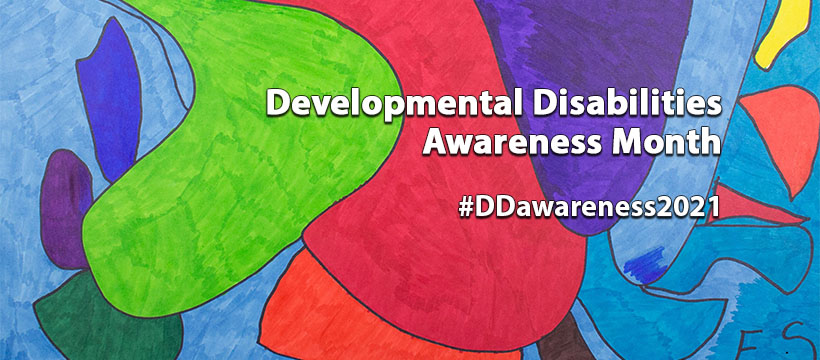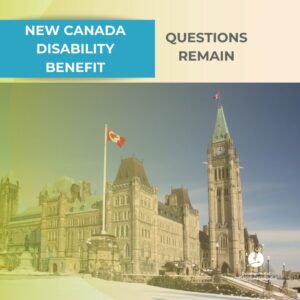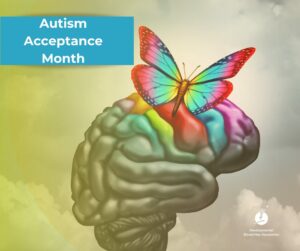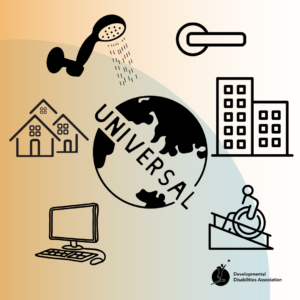nor·mal·i·za·tion
Inclusion matters, especially within the disability community. In fact, when it comes to building thriving relationships within a community, not much else matters. But where does it start? It starts with parenting and how we teach our children to normalize disability so that fostering a sense of inclusion begins from a young age. When something is ‘normal’ it really stops being a ‘thing’.
How do parents of typically developed children start them on the path of empathy and understanding and normalizing disability? There are several ways, much of which comes down to how we use language when talking about people with disabilities.
re·spect
/rəˈspekt/
noun
a feeling of deep admiration for someone or something elicited by their abilities, qualities, or achievements.
As a good parent, you understand the value of being respectful to everybody and everything. For many years, the disability community has been struggling to change the lexicon of how we describe those with disabilities. Thankfully, we’ve stopped using the ‘R’ word for the most part, but teaching people, not just kids, to use respectful language is a step towards normalization. Calling someone crippled, for example, is derogatory. Saying ‘a person who uses a wheelchair’ is much better and focuses on the person first, not the disability.
You may notice throughout DDA’s website and publications we will say ‘people with disabilities’ instead of disabled people. Or, he/she/they have a developmental disability. People first, disability second.
em·pa·thy
/ˈempəTHē/
noun
the ability to understand and share the feelings of another.
Kids often bring a natural empathy to the table. As parents, we hope to instill an ability for them ‘walk in another’s shoes’ and feel what others are feeling. Reminding them that people live all sorts of ways in this world and that our physical and cognitive existence is more of a spectrum than anything else helps them understand that they are a small piece of a bigger, connected world. Talking to your kids about developmental disabilities in a matter-of-fact way also creates a comfortable setting for young people to explore their thoughts on disabilities.
ask·questions
/ask kwes’chuns/
verb
if you want to know something, ask a question.
Kids are naturally curious, but if they are unsure about disabilities encourage them to ask questions. No one is expecting them to know much about disabilities so the more they ask, the more informed they are and the more comfortable they become. While every situation is different and not everybody wants to be asked a question, we find most people with disabilities don’t mind honest straight-forward questions about their lives and how they navigate through it.
Ask about the tech:
DDA loves adaptive technology and many people with developmental disabilities use it to accomplish day-to-day tasks as they strive for greater independence. DDA even has a robot that helps out at one of our group homes! Whether it’s an app to help communicate or a specialized chair or even a robot, kids love to find out how things work and how they help.
Thanks to the digital age we can access a treasure trove of information where we can all learn about developmental disabilities and how the community lives and adapts in a menagerie of highly successful ways.
bully
/ˈbu̇-lē/
noun
a blustering, browbeating person especially: one who is habitually cruel, insulting, or threatening to others who are weaker, smaller, or in some way vulnerable
Bullying is bad enough for anybody. People with developmental disabilities can be targeted by bullies more than typically developed kids. Those with disabilities might not even be aware they are being victimized. Condemn bullying in any shape or form and ensure you are teaching your child that hurting someone’s feelings for fun is wrong. In fact, it’s a good thing to inspire youth of today to recognize when someone is being bullied and to stand up for those who might not be able to defend themselves. That’s not to say you should put your child at risk, rather encourage them to report it to a teacher or the authorities.
friend·ship
/ˈfren(d)SHip/
noun
the emotions or conduct of friends; the state of being friends.
One of the best ways to grow up feeling like a disability is just a normal function of life is to foster friendships with those who have developmental disabilities. The reality is, this is easier said than done, and sadly, many people with developmental disabilities report feeling very lonely. School, of course, is the best place for kids to meet peers in an inclusive setting. Help your child understand the similarities they share with a classmate who has developmental disabilities. Ask your child f there is something they like to do that the other person does as well. Maybe they can do it together. You can’t force friendships to happen, however, guiding your child through the lens of inclusion as they grow can make it possible.



